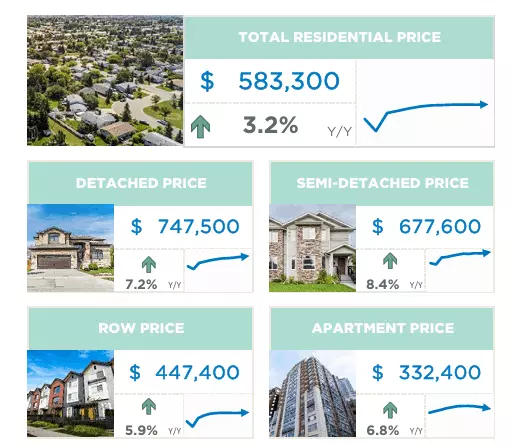Financial Planning for First-Time Home Buyers: Saving, Budgeting, and Mortgage Options
Congratulations on taking the exciting step of becoming a first-time home buyer in Canada! While the prospect of owning your dream home is thrilling, it's crucial to have a solid financial plan in place. This guide is designed to help you navigate the financial aspects of buying your first home, including saving for a down payment, budgeting effectively, and exploring various mortgage options. Let's dive in!
1. Saving for a Down Payment:
One of the first steps in your financial journey as a first-time home buyer is saving for a down payment. Start by setting a specific savings goal and create a timeline for achieving it. Consider opening a separate savings account dedicated solely to your home buying fund. Explore various saving strategies, such as automatic transfers from your paycheck to the savings account, to stay on track and build your down payment steadily.
2. Creating a Budget:
Before diving into the world of homeownership, it's essential to have a clear understanding of your financial situation. Take a close look at your income, expenses, and debts. Create a budget that outlines your monthly income and all expenses, including housing costs, utilities, transportation, and discretionary spending. A well-planned budget will help you identify areas where you can cut back to save more for your dream home.
3. Understanding Mortgage Options:
Mortgages are a key aspect of buying a home, and there are various options available to suit different financial situations. Research the types of mortgages offered by lenders in Canada, including fixed-rate mortgages and variable-rate mortgages. Learn about mortgage terms, interest rates, and down payment requirements for each option. Consider seeking pre-approval for a mortgage to understand the amount you qualify for, which will guide your house-hunting process.
4. Improving Credit Scores:
Your credit score plays a significant role in securing a favourable mortgage rate. Check your credit report for any errors and work on improving your credit score if needed. Pay your bills on time, reduce credit card balances, and avoid opening new lines of credit before applying for a mortgage. A higher credit score can lead to better mortgage terms, ultimately saving you money over the life of your loan.
5. Exploring Government Programs:
As a first-time home buyer in Canada, you may be eligible for various government programs that can ease the financial burden of homeownership. Research programs like the First-Time Home Buyer Incentive (FTHBI) or the Home Buyers' Plan (HBP) to see if you qualify and how they can benefit you.
Financial planning is a crucial aspect of the journey to homeownership for first-time buyers in Canada. By saving diligently, creating a realistic budget, understanding mortgage options, and improving your credit score, you'll be well-prepared to embark on this exciting adventure. Remember to seek advice from financial professionals and explore government programs to make the most of your home buying experience. With a solid financial plan in place, you'll be one step closer to turning your homeownership dreams into reality!
Categories
Recent Posts













